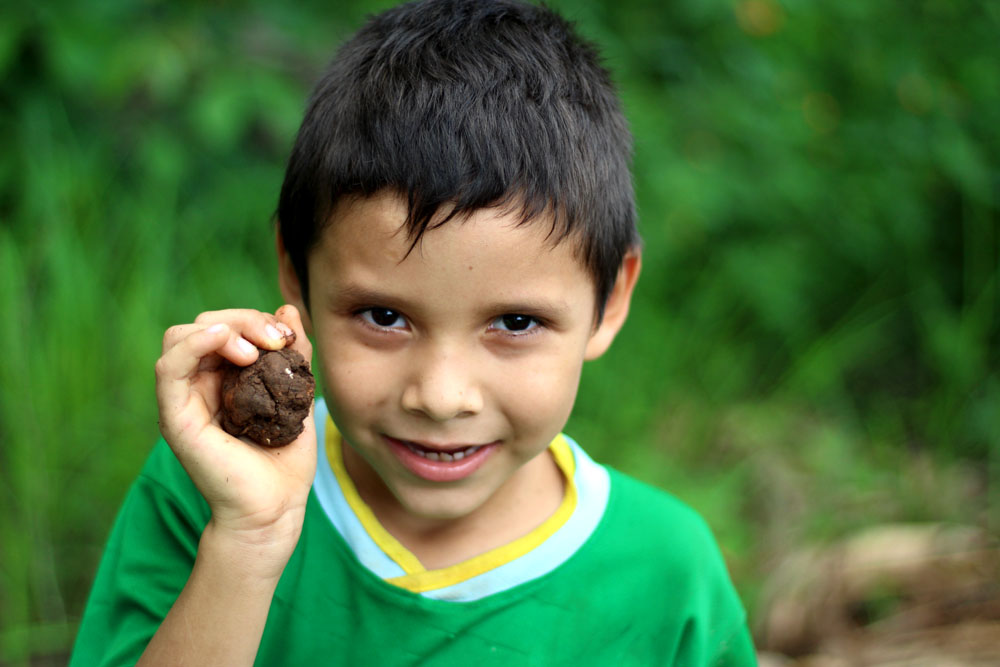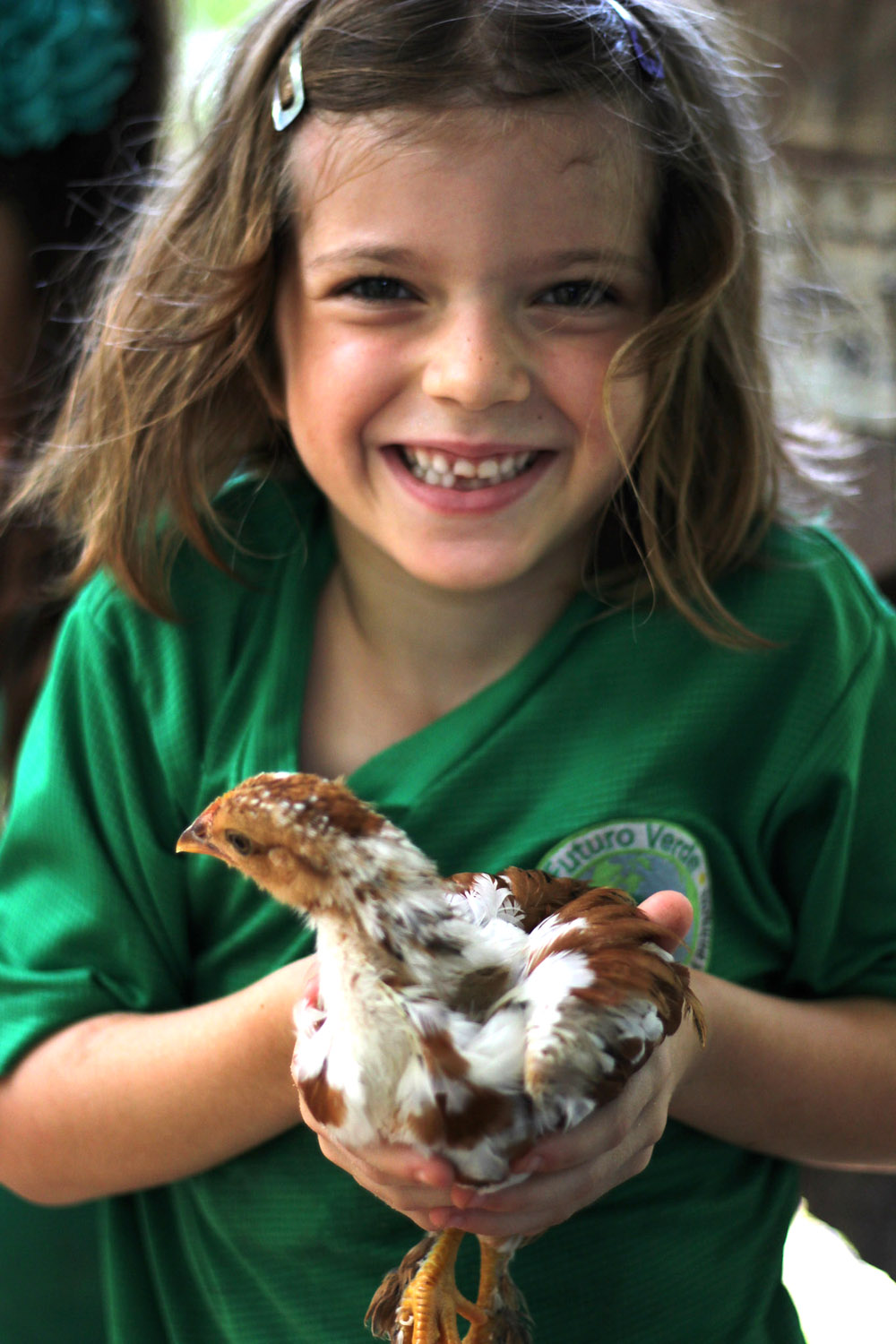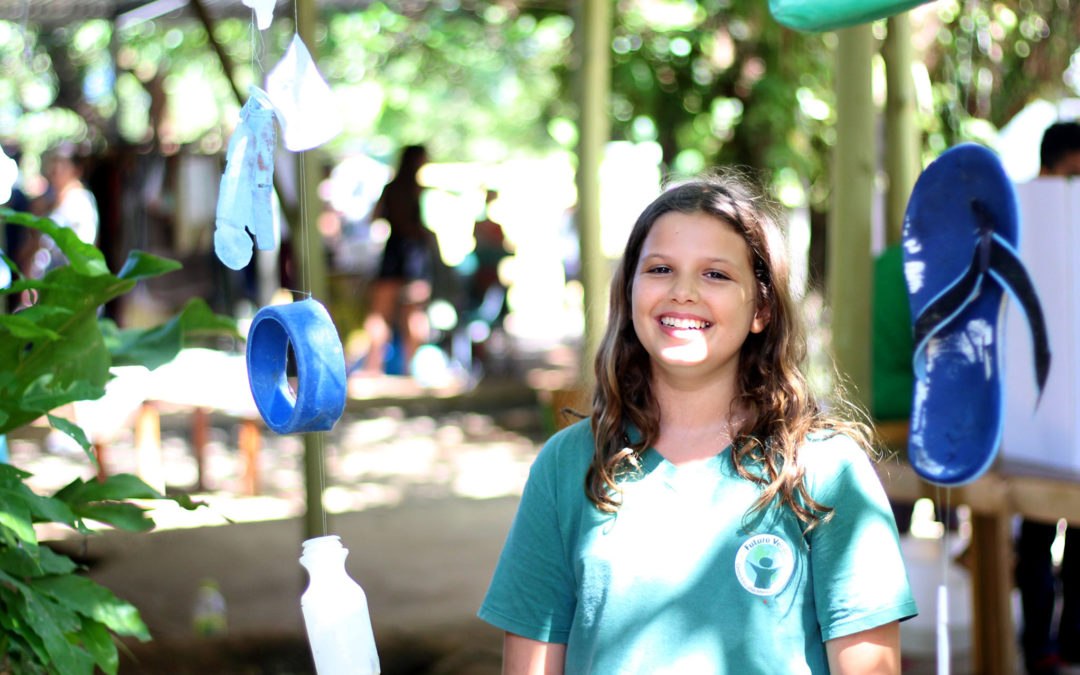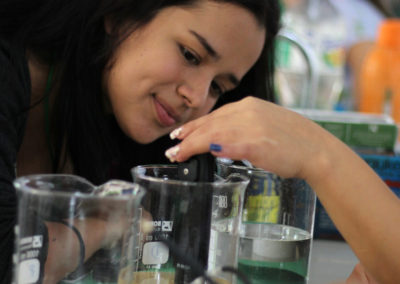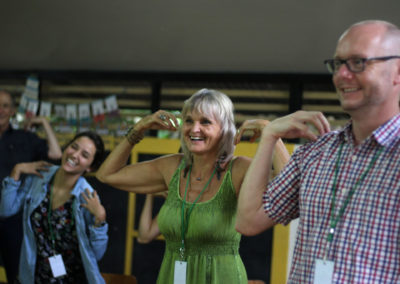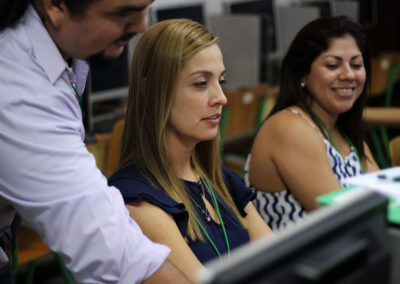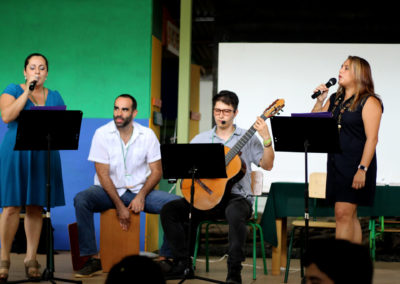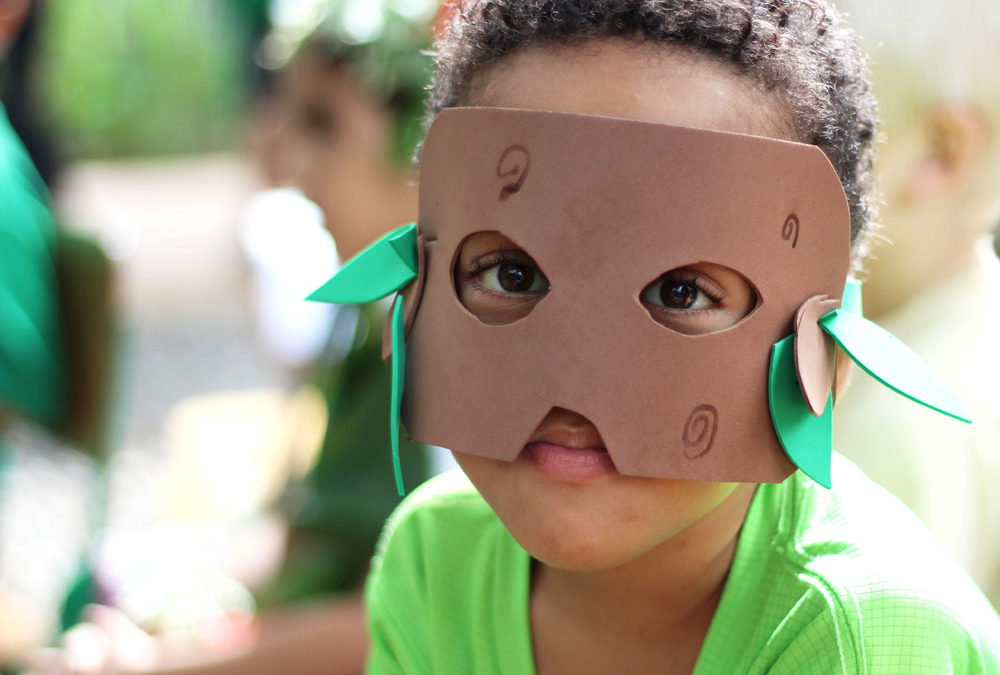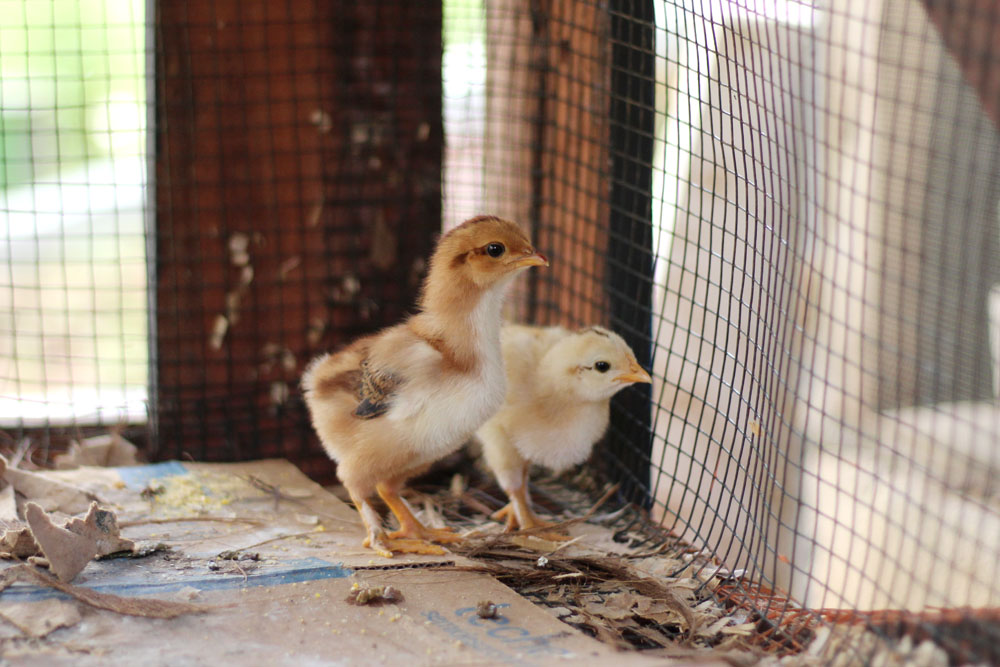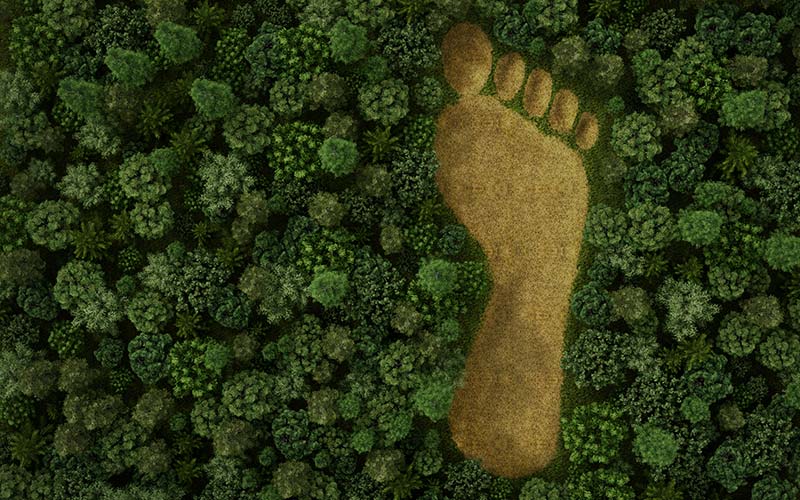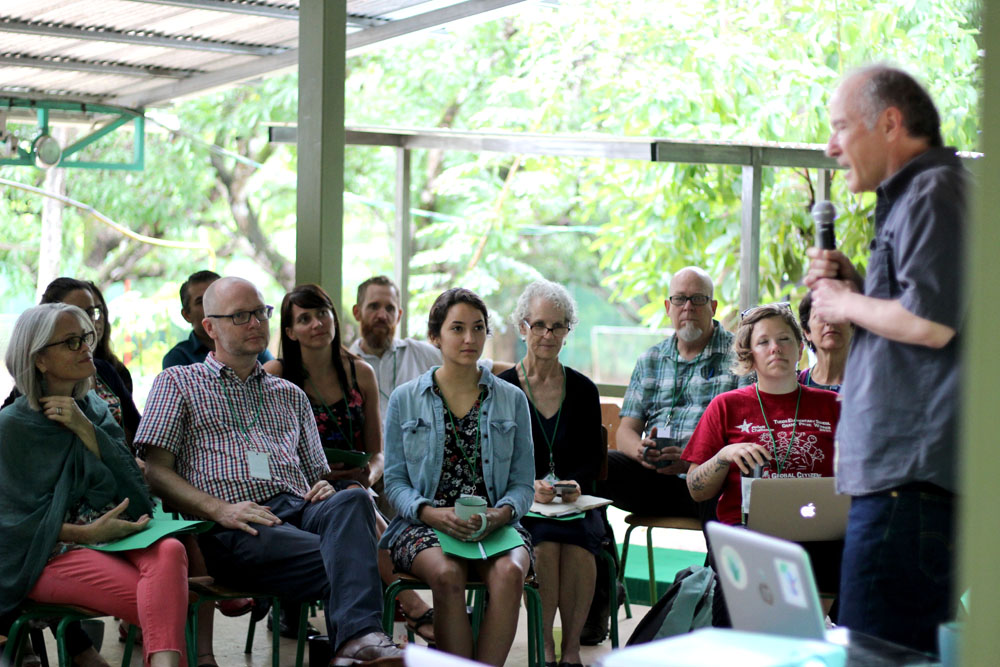
With this question, the 2018 BHS Conference was off to another great start. This unique annual professional development opportunity for educators, parents, and community members is a one of a kind experience that takes place in the beautiful jungle environment of the Costa Rican Nicoya Peninsula. Beginning with the first keynote presentation by Dr. Ken Winograd, a retired professor from Oregon State University, a theme of resilience in the face of global environmental and political issues, and hope achieved through activism, was threaded throughout the conference sessions. Teachers, international visitors, parents, and local environmental activists presented a wide variety of sessions on Bilingual, Holistic and Sustainable educational practices that offer compelling ideas that can be applied in the classroom, in the community, and in one’s personal life.
The 2018 BHS Conference included 25 presentations held over two days, with two to three sessions offered concurrently at a time. Ten of the presentations focused on sustainability (e.g., analyzing river water, beach cleanups, solving real world problems in the classroom, permaculture, global education, child nutrition, living a balanced life, sustaining FV goals over the next 50 years in the Cóbano area); four addressed bilingual education (e.g., benefits of being bilingual, a comparative language class, bilingual poetry, creating a library of bilingual literature); in the “holistic” category, two sessions were on Mindfulness with one of these sessions being presented by our other special guest, Melinda Winograd; three sessions involved music (e.g., ukulele workshop, music and poetry, integration of music in the curriculum); one session focused on helping teachers with organizing student data using a digital register and another session introduced teachers to alternative summative evaluations that utilized games and activities to reduce test anxiety and to better assess what students really know.
The talents of the FV community were also on display during the conference. Musical interludes presented by FV teachers, parents, and students added a relaxing backdrop to each of the meriendas/snacks and almuerzos/lunches in the comodor/dining area. When asked in the final evaluation what aspect of the conference they considered most useful, informative, and/or interesting, participants responded:
“Considero que la variedad de temas y el alto intelectual de las ponencias.”
“De todos aprendí algo nuevo.”
“Todo–La comida, la música. El hecho de compartir el conocimiento con los demás.”
“Todas las conferencias a las que asistí me aportaron algo que puedo aplicar en mi trabajo diario.”
Reflecting back on the question that opens this article, “significant time in nature” is what Dr. Winograd shared with us that researchers found when studying what motivates people to engage in environmental activism. “And you live that everyday here at Futuro-Verde and provide that for your students,” he told the BHS Conference attendees. This, along with curricular integration, collaborative work, problem solving together, the teaching of critical thinking, projects that are place-based, and the importance of being “connected” are examples of how the Futuro-Verde administration, teachers, and staff have made this school an optimal space for helping students develop resilience in the face of adversity. The 2018 BHS Conference was an important “space” for bringing together FV teachers and administrators with local activists and educators from points as far away as states in the U.S., Alaska and New Mexico, to strengthen connections and exchange ideas.
We want to thank Dr. Winograd and all the other presenters who made this year’s conference such a meaningful experience. As we look forward to BHS 2019, planning is already in place to follow through on participant suggestions for our 5th annual conference, such as offering only two concurrent sessions at a time so that participants can attend more of the presentations, making the conference affordable to local community members and educators, and planning an extracurricular activity to close the conference. See you next year!
